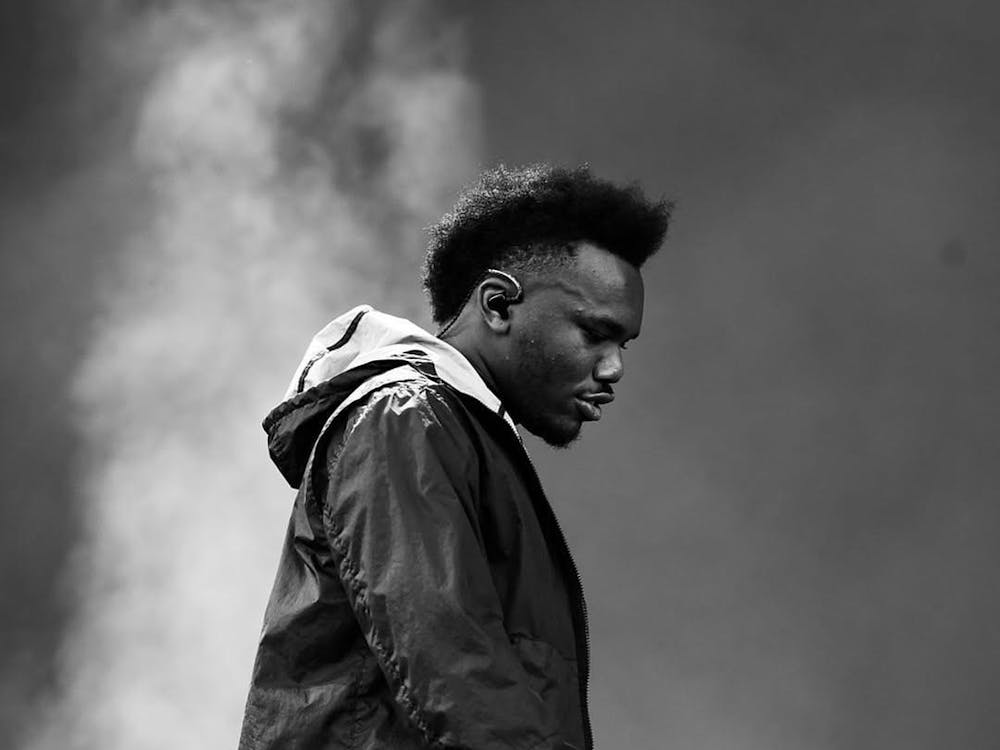After eight harrowing seasons Fox’s House M.D. hung up its cane for good this May. As with any popular show’s conclusion, the series finale was highly anticipated, as viewers wondered if the program’s ending would live up to the quality of the preceding seasons.
“Everybody Dies” was more than able to deliver, with the prickly diagnostician not only facing jail time for violating his parole but also having to deal with the terminal cancer of his best friend Wilson.
Although the series is at its core a medical drama, the heart of the show lies outside the hospital exam room, as the finale made clear. Though there is a case to be solved, most of the episode is spent revisiting past plot lines as House discusses his current case with hallucinatory figures in an abandoned, burning building. But these are not just hallucinations — they are also the ghosts of House’s past, characters who have died traumatically or left his life, reaching all the way back to the time of the show’s second season.
House’s talks with ghosts from his past about cases he’d rather forget reveal House’s trademark insecurities that have cropped up throughout the show’s run, such as his self-destructive tendencies and his fear of being alone.
Despite this emphasis on themes and episodes from seasons past, the show’s finale never feels like a simple rehashing. The concerns may be the same as always, but in House’s final hour, after addressing nearly every source of his internal drama and then going so far as to convince his peers as well as the viewers he was dead, House moves past much of his former emotional baggage. When he reappears to Wilson after his funeral, he is not only smiling but is also lacking his trademark cane. His mental and physical pains have finally dissipated.
The finale could have taken a completely different turn. House could have actually died instead of faking it, and the narrative arc would have still made sense. From the beginning of the series, his life had started to unravel: people he loved left him or died, his addictions grew worse and he spent time in both a mental hospital and in jail. The overall plot seemed to set House up as a tragic figure, whose slow fall from prominence would result in his death.
But that would have been overly dreary. House had been struggling to recover since episode one, and to merely show him fail to do so would have been far too bleak, especially for the show’s most devoted fans.
“Everybody Dies” managed to forge a middle ground between hopelessness and what could have been an uncharacteristically cheerful ending. Though Wilson’s eventual death looms in the distance, it appears House is growing into the person he has long wanted to be, making the episode feel less like a conclusion and more like the beginning of a new chapter.






